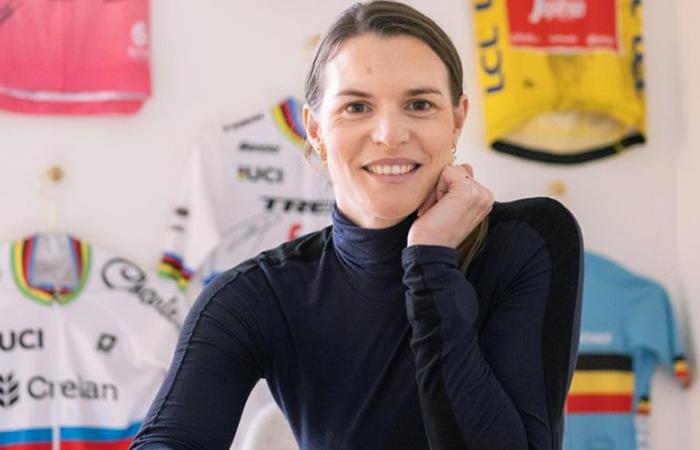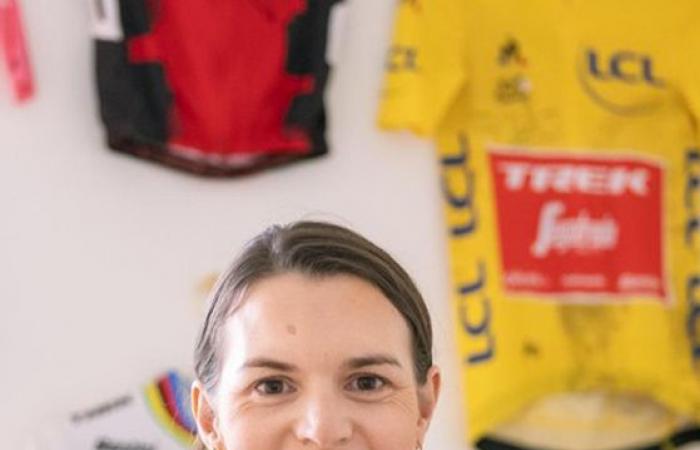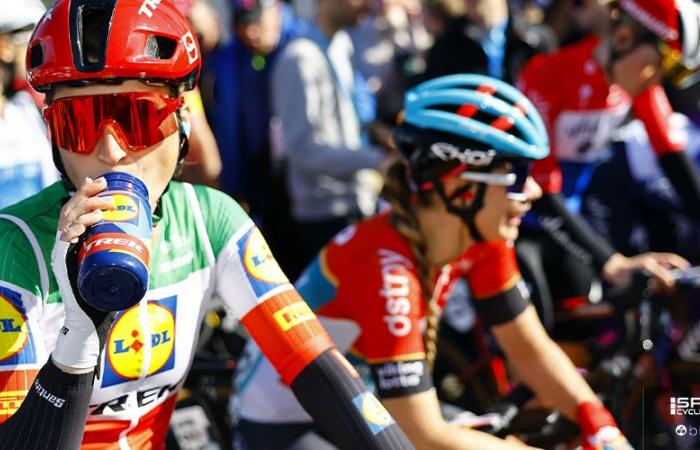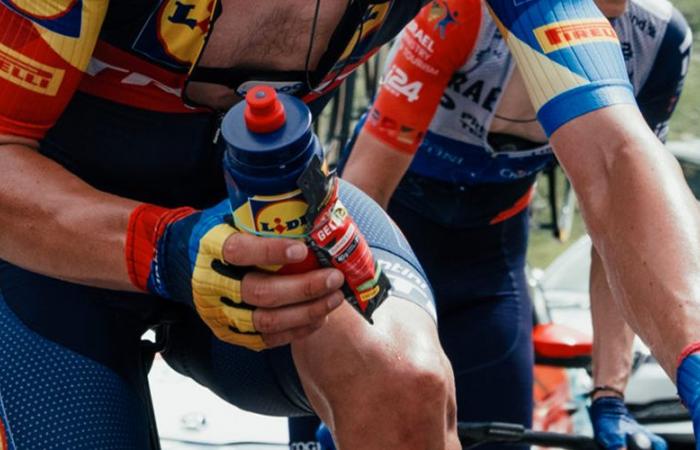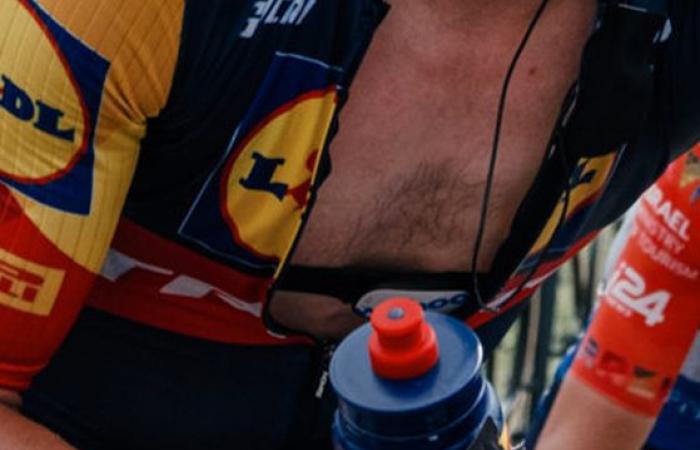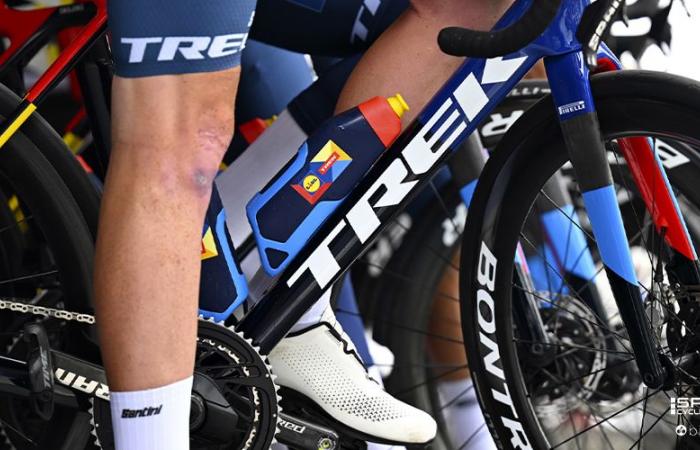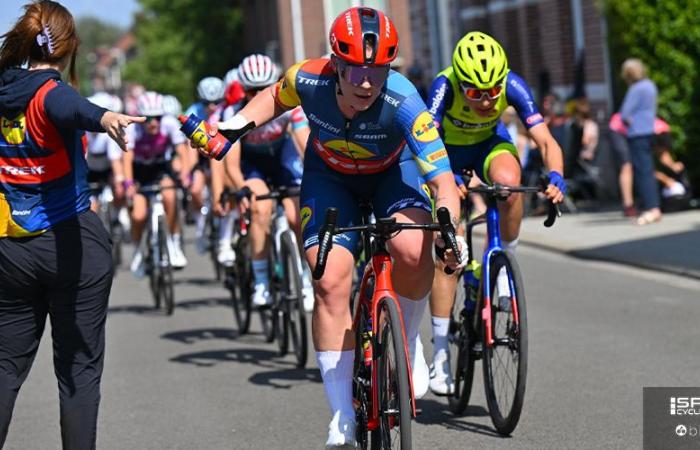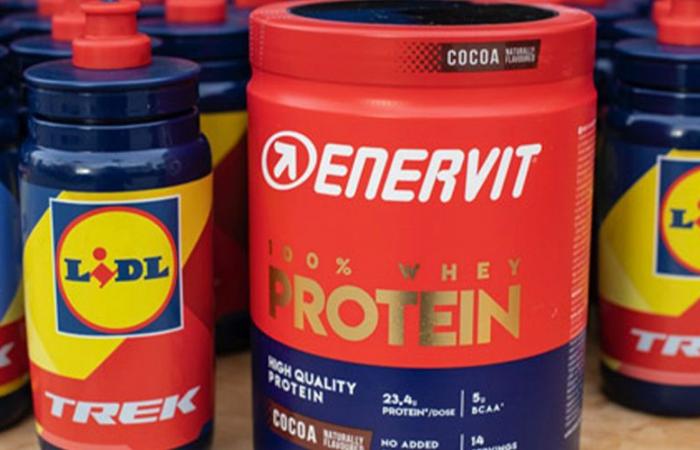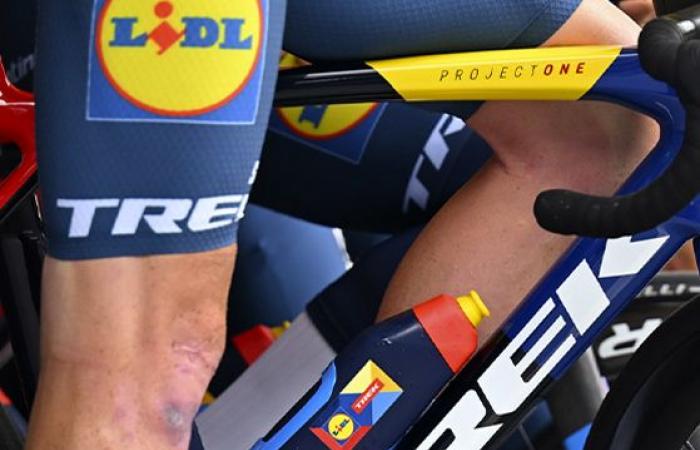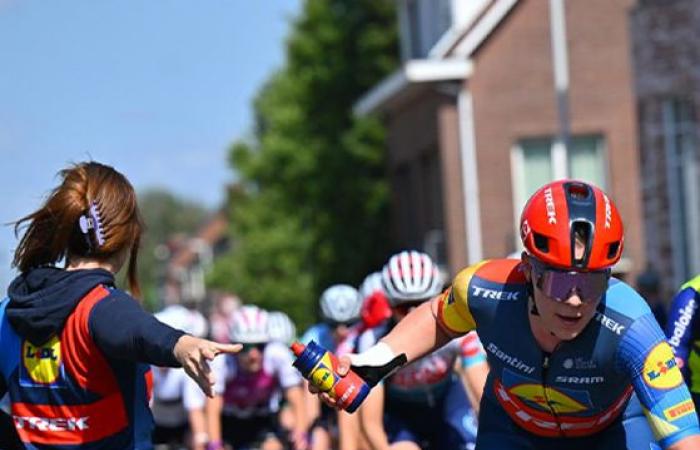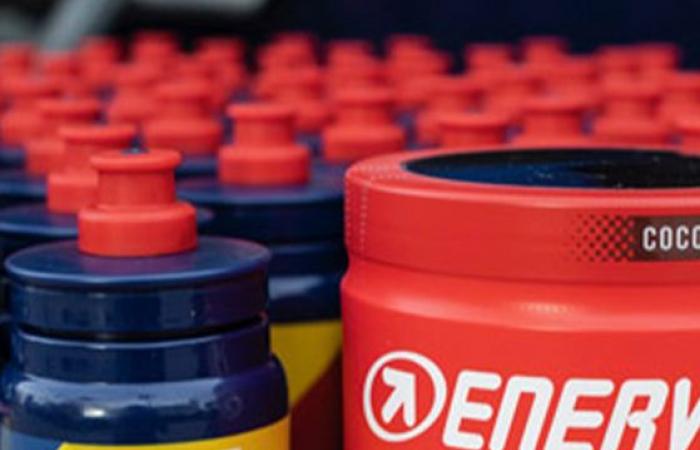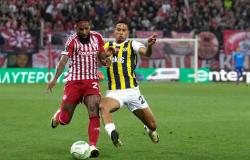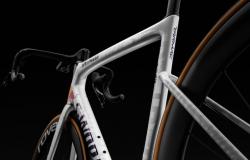«During the competition blocks – answers Stephanie Scheirlynck – we use the same sports drinks, bars, gels and everything else that we also use in training. It is important to get used to all these products. However, others such as vitamins and other supplements, useful for both health and performance, are different between training and competition. Many still think that the nutritionist is the one who tightens the net, while I really look at my role in terms of performance. Food is a positive story, it should be fun and tasty…”.
Stephanie Scheirlynck works for Lidl-Trek, graduated in Nutrition Science with a subsequent master’s degree in Sports Nutrition. You have spent the last 15 years combining science with sport, devoting himself to scientific research and writing performance-focused sports cookbooks. Over the years you have collaborated with athletes from different disciplines, from football to cycling, through athletics. The aim of the exchange is to understand how the American team manages integration and how it collaborates with Enervit which is its sponsor (top, photo The Trek Shop).
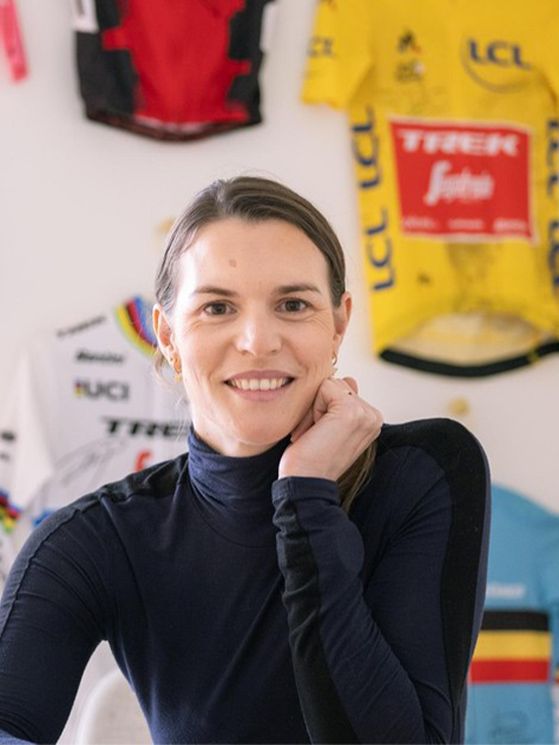

Path analysis
The nutritional strategy for the race is set analyzing the race profile and adapting the breakfast buffet to the athletes’ needs from the morning. The chefs and masseurs know what to prepare and the runners are aware of when to eat, how much and why.
«In our team – he explains – we always give riders the opportunity to have a triple option. In fact, some like to have everything calculated, others prefer to have broader guidelines and still others prefer to choose on their own. Top athletes are not robots. Our mission is to provide them with information on what they need and when. Even in training you perform better if you eat the right food at the right time. You recover faster, avoid injuries and so on. But the focus doesn’t have to end on training, either basic nutrition must be consistent. Timing is essential. With our staff we help runners where we can and listen to their preferences.”




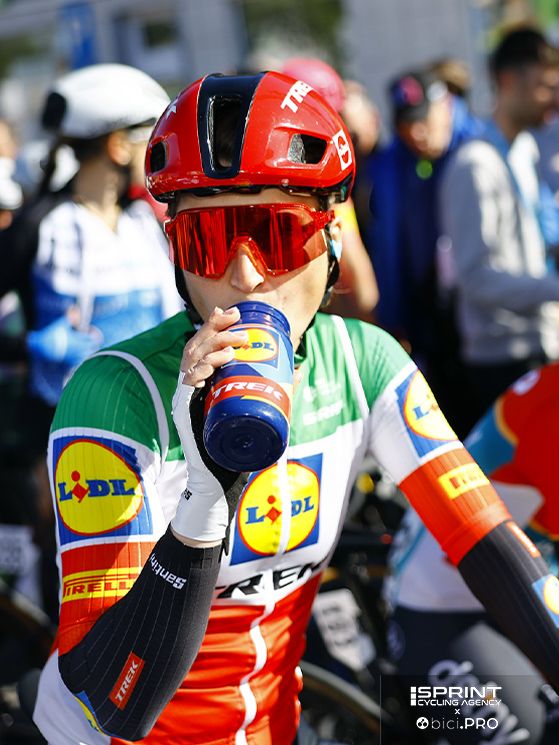

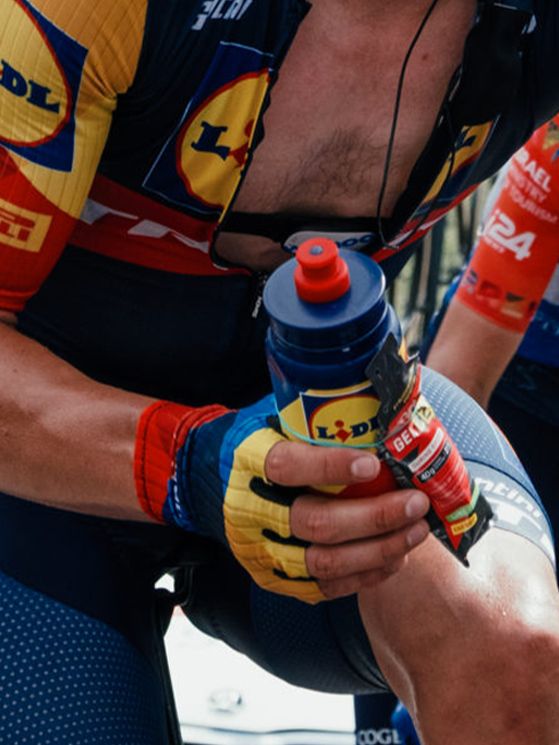

Everything under control
Cycling for three weeks through France brings a lot of pressure, nutrition is one of the few aspects that can truly be controlled. So with the Tour now starting, it is interesting to note the difference in treatment between runner and runner and the fact that it is often the athletes themselves who are happy to have predefined and rigid eating patterns.
«Some think: if it was calculated for me – says Stephanie – then I don’t have to think about it anymore. At Lidl-Trek we give free choice, but they are often the ones who want a well-defined routine. I know very rational athletes. If I do this, they think, I will recover much better, so I do it. But once the competition is over, they let go. Luckily there are always dates that set deadlines and the moment comes when we get serious again. Great progress has also been made on the issue of weight: now we know that it exists a minimum below which one must not go: all the medical staff is on the same line in this sense».
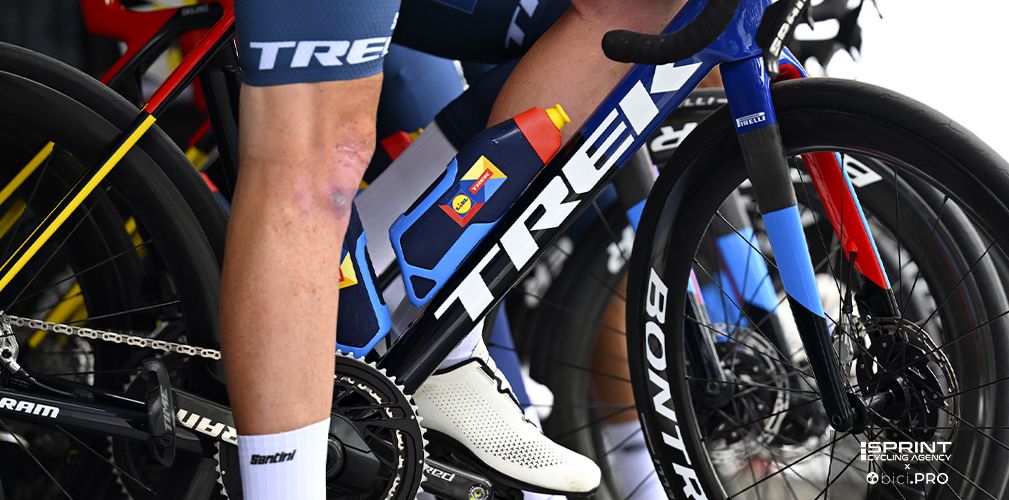

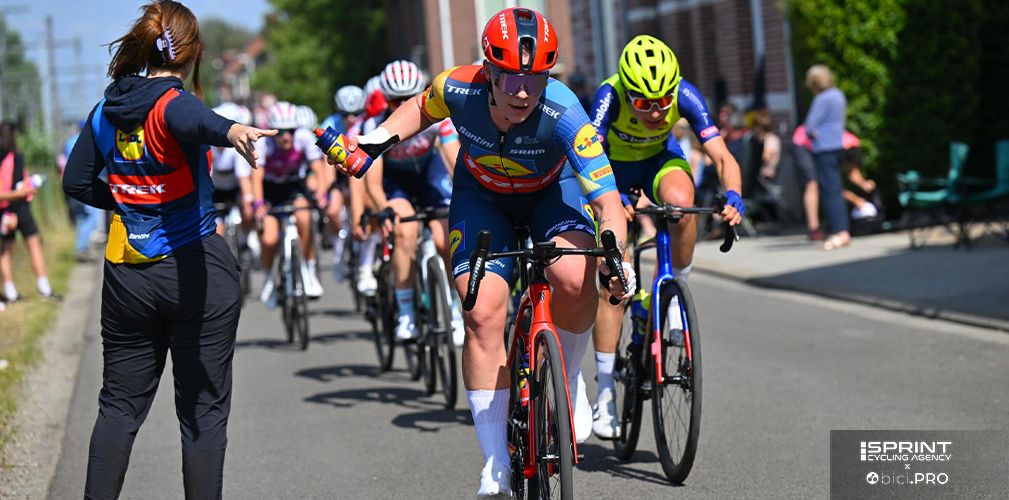

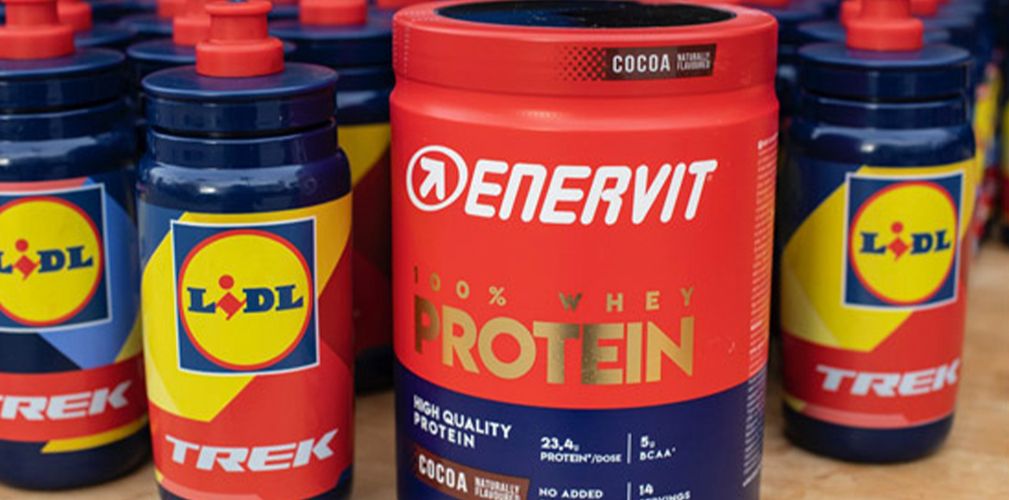



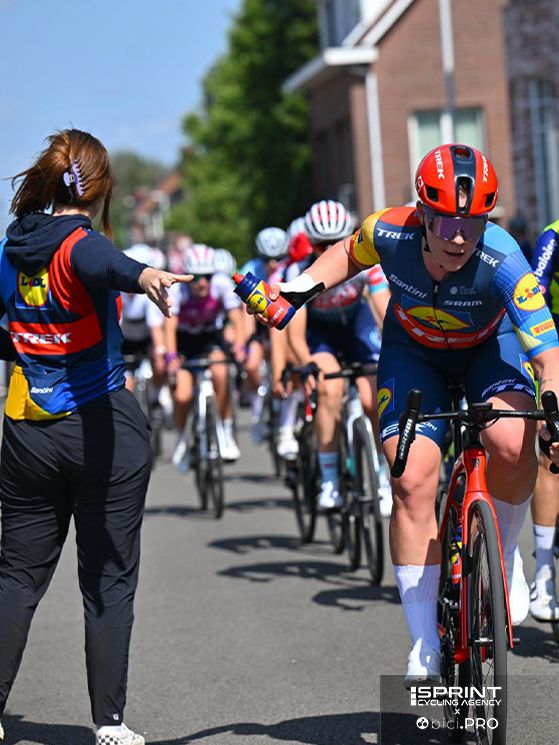

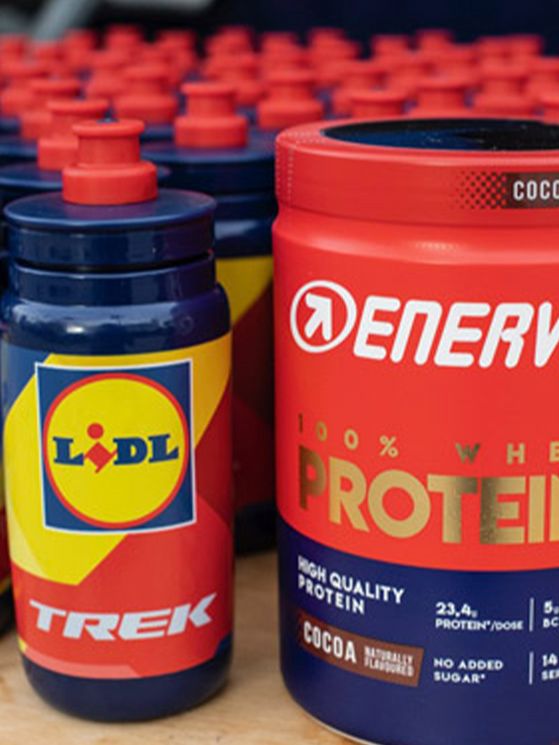

Between science and tradition
It’s the leitmotif of almost all WorldTour teams: nutrition is one of the most subjective protocols. Everyone has their needs, their build, their role within the race and each team has its own way of approaching them. This translates into the fact that with the same sponsorship with Enervit, for example, UAE Emirates needs to manage the loss of sodium through sweating, while this is evidently a less urgent need for Lidl-Trek.
«When I am competing – he explains – our runners prefer to have a mix of both sports drinks (with a quantity of carbohydrates between 30 and 60 grams per bottle of carbohydrates and sodium/salts), combined with jellies, gels or bars. However, we do not implement precise strategies regarding sweating. With good pre-hydration and extra electrolytes before and during races or training we can meet all their needs.
«Only on really long, flat and “easier” races would runners also take “normal food”, but this is really rare now. Rice cakes are still on the competition menu, but cakes and sandwiches aren’t seen as often anymore. Fifteen years ago we wondered if we had the best coach and the best materials, now the world of sport has understood that correct eating habits are not a guarantee of victory, but they help».

